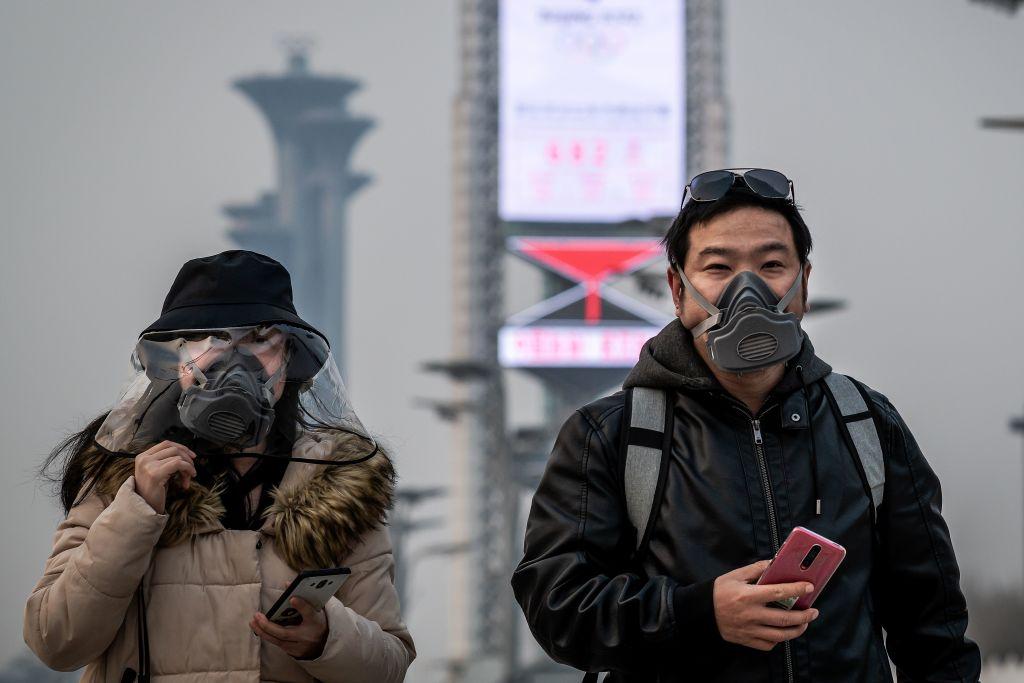Chinese netizens are angry after internet censors deleted a picture circulating on social media of people lining up to pick up their family members’ ashes from a funeral home in Wuhan, ground zero of China’s virus epidemic.
On March 25, health officials in Hubei Province lowered the risk level for Wuhan from high to medium, based on a three-tier system that corresponds to different levels of quarantining. The same day, some funeral homes began to allow locals to pick up ashes of their relatives who have died since the city was placed under lockdown in late January.





